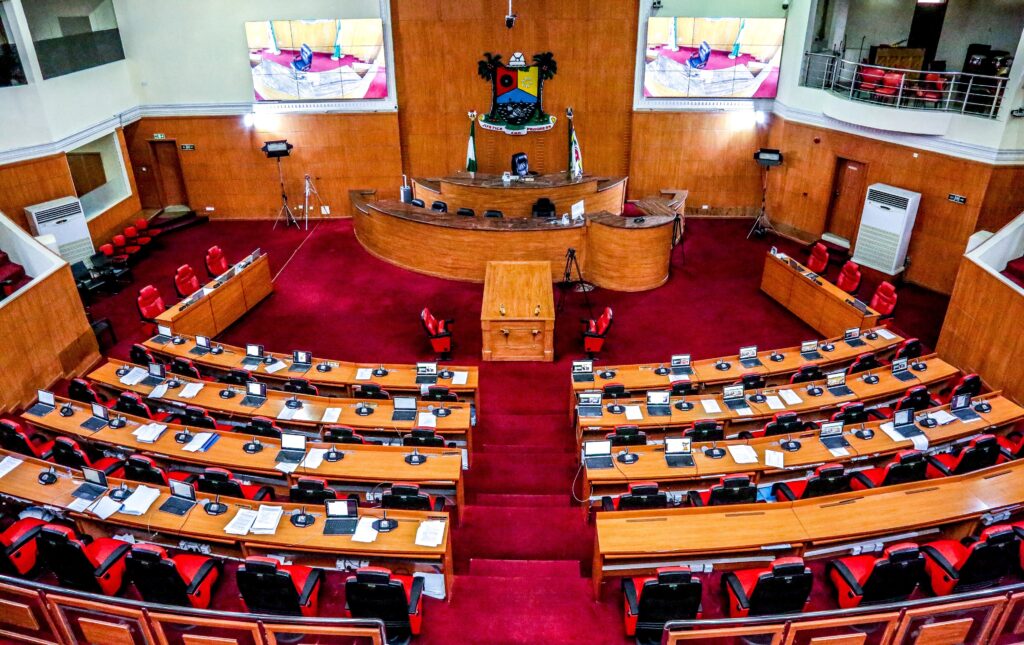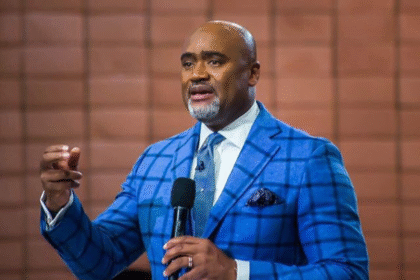The Lagos State House of Assembly has set aside ₦6.2 billion in its 2025 budget to acquire 40 residential properties in Lagos or Abuja, a move that critics describe as a retirement package for its legislators. Each property is estimated at about ₦155 million, effectively allocating one house per lawmaker.
According to the state’s second-quarter 2025 budget performance report, ₦1 billion 16.1% of the total provision—had already been spent by June. The development has fueled concerns over the legitimacy and necessity of the allocation, especially as the provision has appeared in successive budgets.
In 2024, a similar ₦6.2 billion was approved for the same purpose, though only ₦126 million was eventually disbursed. A year earlier, in 2023, the Assembly spent more than 92% of its ₦1.22 billion allocation, though reports did not specify whether those properties went to outgoing members of the ninth Assembly.
Legal experts have questioned the constitutional basis for such spending. Section 124(5) of the 1999 Constitution empowers state assemblies to legislate pensions and benefits for governors and their deputies, but it makes no mention of lawmakers. Critics argue that using public funds to finance personal property acquisitions falls outside the Assembly’s constitutional mandate.
The Lagos case reflects a broader national controversy over retirement benefits for public officials. In 2019, then-Bayelsa Governor Seriake Dickson vetoed a life pension bill for state legislators, citing public outcry. More recently, Abia and Benue States repealed laws granting lifetime pensions to former governors and deputies following similar criticism.
Lagos itself has faced repeated disputes over political pensions. In 2021, Governor Babajide Sanwo-Olu pledged to scrap the Public Office Holder (Payment of Pension) Law. However, instead of outright repeal, the Assembly amended the law, slashing but retaining entitlements for ex-governors and deputies.
The ₦6.2 billion allocation has reignited concerns over governance priorities and fiscal responsibility in Nigeria’s commercial capital. Civil society groups and policy analysts warn that at a time when Lagos faces pressing infrastructure and social challenges, channeling billions into lawmakers’ retirement benefits sends the wrong signal.
Observers say the issue is likely to remain a flashpoint in the months ahead, particularly as political transitions approach and questions persist over whether legislators are legislating benefits for themselves outside constitutional provisions.





